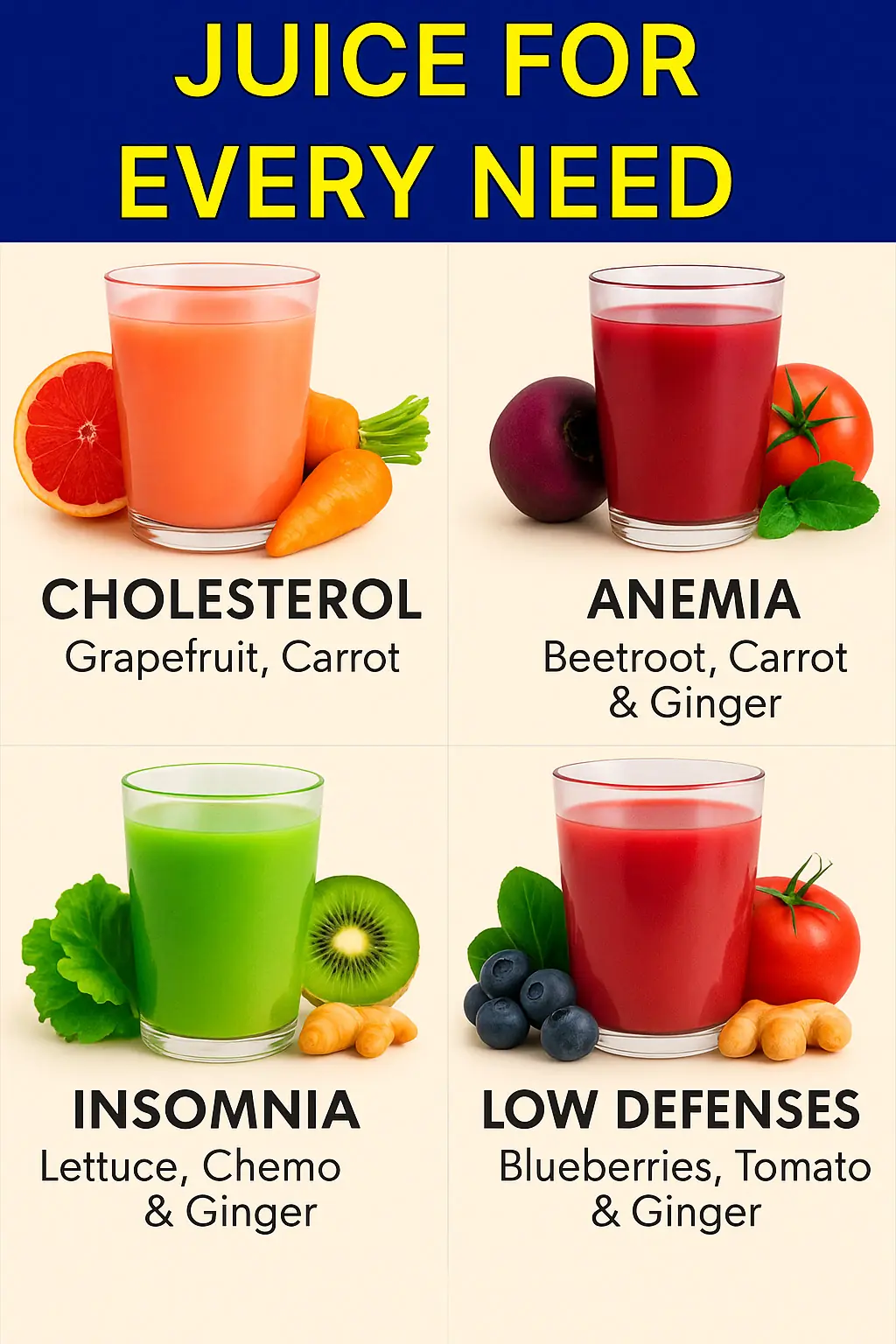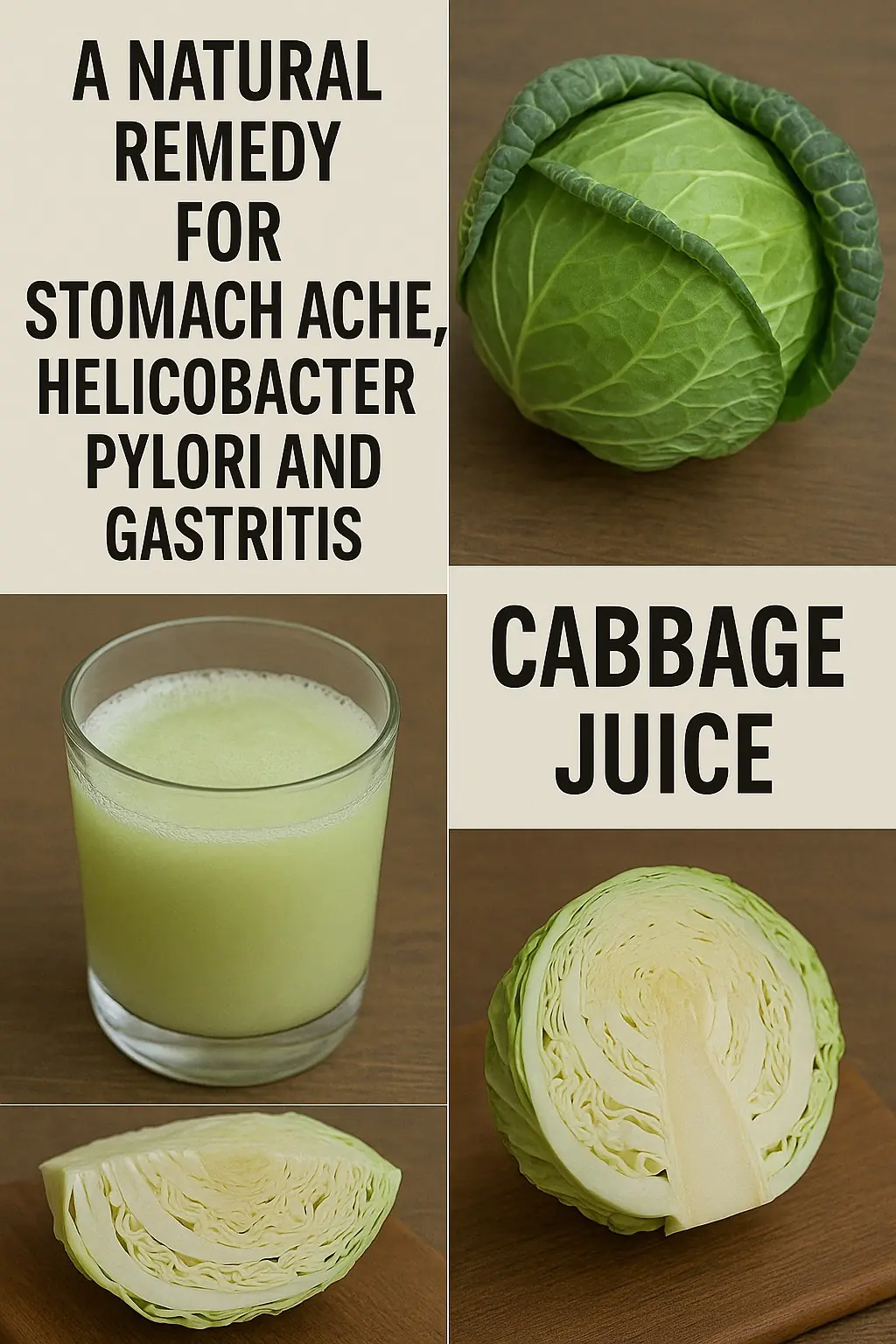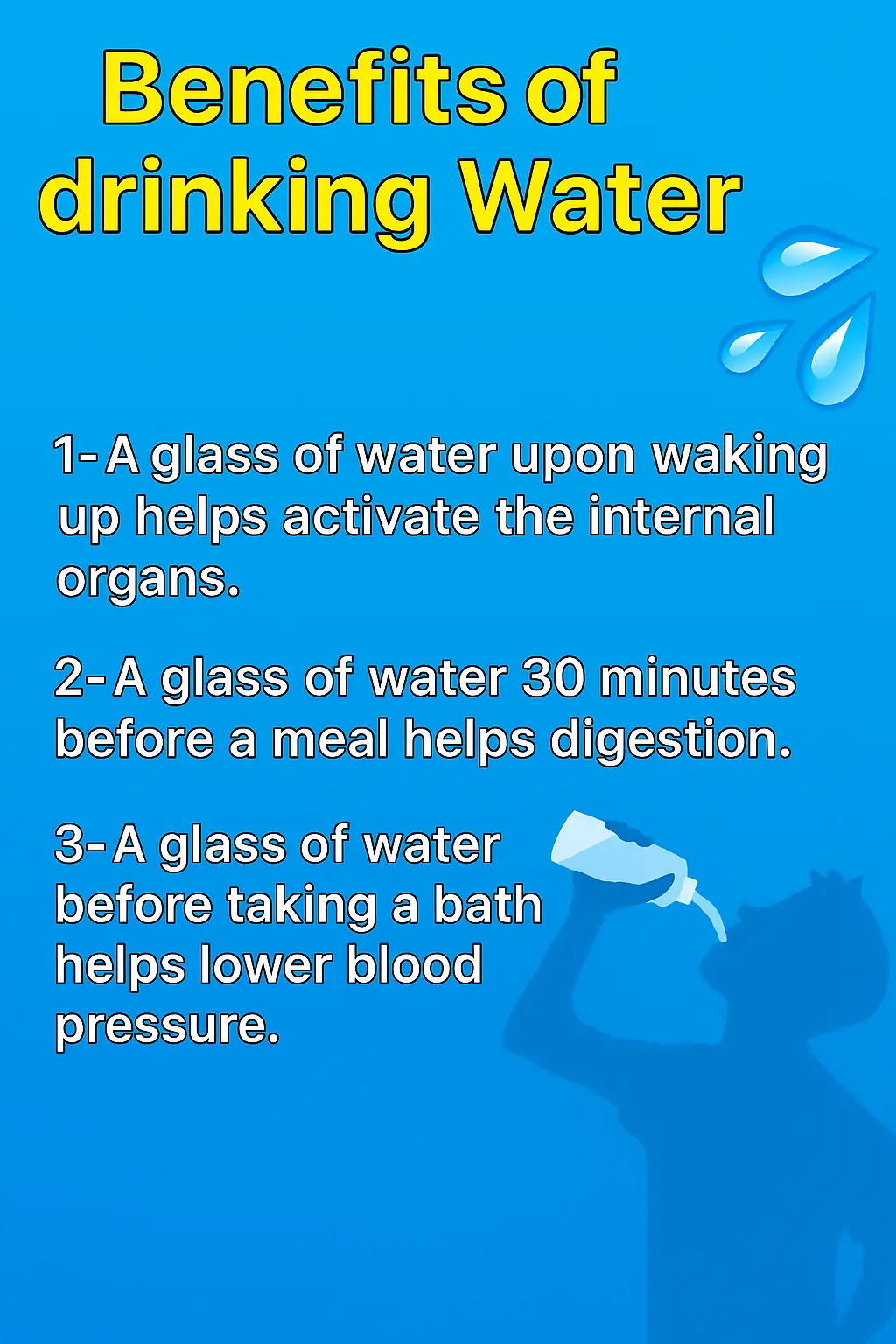
What Happens to Your Body If You Eat Two Eggs Every Day?

Eggs are a favorite food for many people, but is it okay to eat two eggs every day? And what exactly happens if you do?
Eggs are a staple in many diets, and egg lovers often wonder whether eating two eggs daily is beneficial. Some argue that frequent egg consumption might not be healthy. So, what really happens when you eat two eggs every day?
What Happens If You Eat Two Eggs Every Day?
Eggs are considered a "superfood" due to their diverse nutritional profile and numerous health benefits. Recent studies highlight the positive effects of eating eggs on human health. Experts recommend consuming 2-3 eggs per day for optimal benefits.
Here are the benefits of eating two eggs daily:
1. Enhanced Brain Protection
Eggs contain choline, a nutrient that protects brain cells. Eating two eggs daily ensures your body receives sufficient choline, which is essential for cognitive function. A deficiency in choline may lead to memory impairment.
2. Improved Calcium Absorption Thanks to Vitamin D
According to Boldsky, eggs are a great source of vitamin D, which aids in calcium absorption, promoting strong bones and teeth. While sunlight exposure is a natural way to obtain vitamin D, consuming boiled eggs is an easy alternative.
Vitamin D facilitates calcium absorption in the intestines and enhances the uptake of phosphate and magnesium ions, which are vital for bone health.
3. Better Eye Health
Recent studies have found that eggs are rich in lutein, a carotenoid vitamin responsible for maintaining good vision. Lutein helps prevent eye-related diseases such as cataracts and age-related macular degeneration.
A lack of lutein may cause irreversible damage to eye tissues and lead to vision loss.
4. Reduced Risk of Cancer
Choline, essential for brain function, also plays a role in reducing cancer risk. According to research, teenage girls who consumed adequate amounts of choline through eggs had an 18% lower risk of developing breast cancer later in life.
5. Beneficial for Pregnancy
Eggs are rich in vitamin B9 (folic acid), which is crucial for the development of red blood cells and the neural tube in fetuses. Sufficient folic acid intake reduces the risk of intellectual disabilities and birth defects, making eggs a valuable food for women planning pregnancy.
One egg contains approximately 7.0 mcg of vitamin B9, contributing to a healthy pregnancy.
6. Slows Down Aging
A study conducted by Dutch scientists on individuals who regularly consumed eggs showed visible signs of slowed aging.
Among women aged 35-40, age spots faded, and skin appeared healthier. For men, wrinkles around the eyes became significantly smoother.
Things to Keep in Mind When Eating Eggs
While experts suggest eating 2-3 eggs per day, the appropriate intake varies by age and individual health conditions.
- Adults: Can consume 3-4 eggs per week.
- Infants (6-7 months old): Should eat no more than ½ an egg per meal, and 2-3 eggs per week.
- Children (8-12 months old): Can eat one whole egg per meal, but no more than 3 eggs per week.
- Children (1-2 years old): Should eat no more than 4 eggs per week.
- Children (2 years and older): Should not exceed 6 eggs per week.
- People with high cholesterol or hypertension: Can still eat eggs but should limit intake to 1-2 eggs per week.
Additionally, consuming eggs does not guarantee full absorption of all nutrients unless they are eaten correctly. Here are important guidelines to follow:
- Avoid drinking tea after eating eggs, as the protein in eggs can react with tannic acid in tea, causing indigestion.
- Do not eat eggs with soybeans, as this combination hinders nutrient absorption from both foods.
- Avoid raw or undercooked eggs, as they pose a risk of food poisoning, vomiting, and bacterial infections.
- Do not overboil eggs, as excessive heat can destroy essential nutrients.
- Do not eat boiled eggs that have been left overnight, as they may develop harmful bacteria.
- Avoid eating eggs with pork brains, rabbit meat, or persimmons, as these combinations may cause digestive issues.
- Do not fry eggs with garlic, as this can produce toxic substances.
- Avoid taking anti-inflammatory medications immediately after eating eggs, as they can negatively impact stomach health.
Final Thoughts
Eggs are a highly nutritious and widely loved food, commonly found in family meals across the world. Nutritionists classify eggs as a superfood due to their rich nutrient content. While eggs help balance the body's nutritional needs, consuming two eggs daily can be beneficial depending on individual dietary plans and health conditions.
With the information above, you now have the answer to the question: "What happens if you eat two eggs every day?"
News in the same category


Exploring the Benefits of Bay Leaves for Skin: Natural Anti-Aging Properties

Cabbage Juice: A Natural Remedy for Stomach Issues

Revitalize Your Bladder and Prostate Health with This Traditional Remedy

Embracing the Power of Onion and Ginger for a Healthy Life

Rebuild Knee Cartilage Naturally with This Simple Remedy: Lemon & Olive Oil

🌿 Turmeric: A Golden Spice for Health

MIX ONION, GARLIC, GINGER, AND LEMON — A POWERFUL NATURAL REMEDY

Drinking Water: Detailed Health Benefits

The Natural Drink That Fights Diabetes, High Blood Pressure, Fatty Liver, Cancer, and Heart Attacks

Homemade Anti-Wrinkle Cream with Nivea, Coconut Oil & Cornstarch

My aunt May swears by this!

Nana passed down these recipes to remove varicose veins

I love the first method!

So good to know!

Great, now I have to toss it out

Cloves: A Natural Remedy for Skin Tags and Warts

Revitalize Your Hair with Ginger: The Secret to Youthful, Rapid Growth

This Is the Chinese Drink That Cures Cancer, Diabetes, High Blood Pressure, and Poor Circulation Without the Need for So Many Pills

Natural Remedy to Cleanse the Kidneys, Prostate, and Detox Your Body
News Post

The Truth About Rhino Horns: What They're Really Made Of

Late Night Beauty Hacks With Vaseline

‘Horrifyingly goofy’ creature washes onto Southern California beach

A Juice for Every Need 🍹

Exploring the Benefits of Bay Leaves for Skin: Natural Anti-Aging Properties

Cabbage Juice: A Natural Remedy for Stomach Issues

Revitalize Your Bladder and Prostate Health with This Traditional Remedy

Embracing the Power of Onion and Ginger for a Healthy Life

Rebuild Knee Cartilage Naturally with This Simple Remedy: Lemon & Olive Oil

🌿 Turmeric: A Golden Spice for Health

MIX ONION, GARLIC, GINGER, AND LEMON — A POWERFUL NATURAL REMEDY

Drinking Water: Detailed Health Benefits

The Natural Drink That Fights Diabetes, High Blood Pressure, Fatty Liver, Cancer, and Heart Attacks

Australian couple with dwarfism have three children against all odds

Why Is Liver Cancer Often Detected Late? Note: If You Notice 2 Odors, 2 Itches, and 2 Red Areas, Get Screened Early

Homemade Anti-Wrinkle Cream with Nivea, Coconut Oil & Cornstarch

Restaurant prepares free meal to every stray dog who visits

My aunt May swears by this!

Nana passed down these recipes to remove varicose veins
